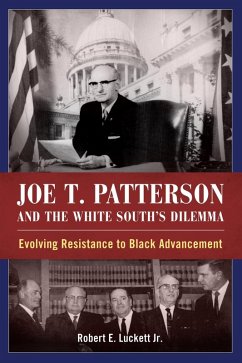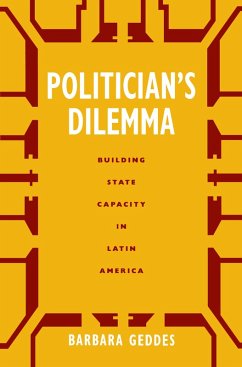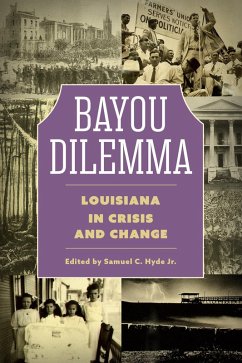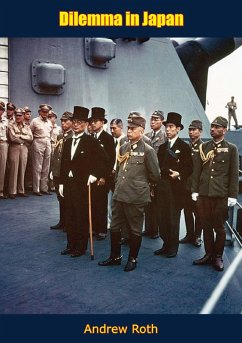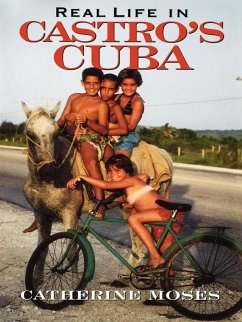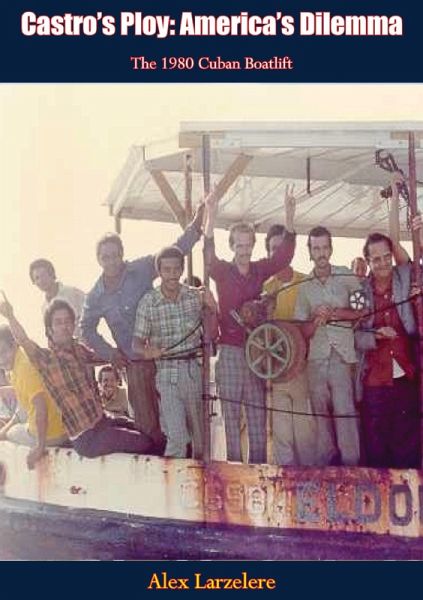
Castro's Ploy: America's Dilemma (eBook, ePUB)

PAYBACK Punkte
1 °P sammeln!
In the summer of 1980, more than 125,000 Cubans abandoned their homes and possessions and emigrated to the United States. When what began as a stream of dissidents became a torrent of refugees, the United States was caught short. Cuban Premier Fidel Castro was able to use the 1980 exodus for his own political objectives and, in the process, overwhelmed US immigration capacity.In this definitive study of what happened during those six months of 1980, Captain Alex Larzelere (US Coast Guard, Retired) shows how Castro controlled the initiative, forcing the United States into a reactive position. A...
In the summer of 1980, more than 125,000 Cubans abandoned their homes and possessions and emigrated to the United States. When what began as a stream of dissidents became a torrent of refugees, the United States was caught short. Cuban Premier Fidel Castro was able to use the 1980 exodus for his own political objectives and, in the process, overwhelmed US immigration capacity.In this definitive study of what happened during those six months of 1980, Captain Alex Larzelere (US Coast Guard, Retired) shows how Castro controlled the initiative, forcing the United States into a reactive position. Among the refugees he allowed to leave Cuba, Castro included significant numbers of criminals, spies, and political prisoners, thereby showing disregard for international rules regarding emigration. The Carter administration's plan to deal with the crisis, as the author points out, came too late to be effective. Anticipating that the United States may face a similar mass influx, Larzelere argues for a new Migration Plan. He offers a plan with four major points: (1) rapid executive decision-making at levels lower than the White House; (2) constructive direction from Washington to Federal agencies on the scene; (3) a working immigration agreement with Cuba; and (4) a controlled flow of refugees.
Dieser Download kann aus rechtlichen Gründen nur mit Rechnungsadresse in A, B, BG, CY, CZ, D, DK, EW, E, FIN, F, GR, HR, H, IRL, I, LT, L, LR, M, NL, PL, P, R, S, SLO, SK ausgeliefert werden.









